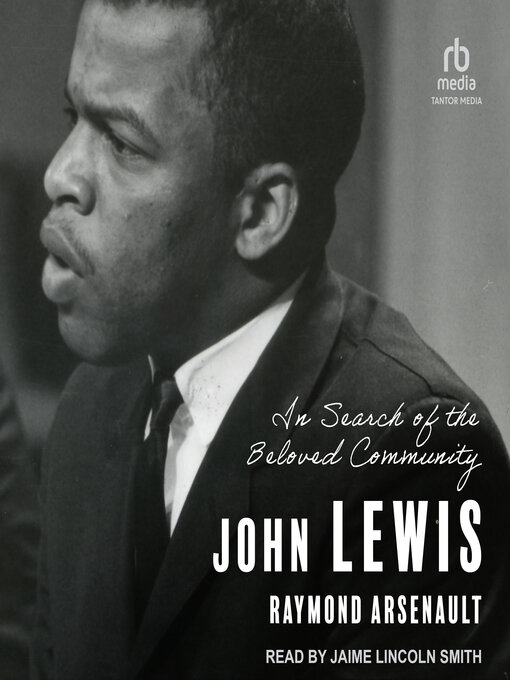
In this biography of Lewis, Raymond Arsenault traces Lewis's upbringing in rural Alabama, his activism, his championing of voting rights and anti-poverty initiatives, and his decades of service as the "conscience of Congress."
Both in the streets and in Congress, Lewis promoted a philosophy of nonviolence to bring about change. He helped the Reverend Martin Luther King Jr. and other civil rights leaders plan the 1963 March on Washington, where he spoke at the Lincoln Memorial. He was instrumental in the passage of the Voting Rights Act of 1965, and he advocated for racial and economic justice, immigration reform, LGBTQ rights, and national health care.
Arsenault recounts Lewis's lifetime of work toward one overarching goal: realizing the "beloved community," an ideal society based in equity and inclusion. Lewis never wavered in this pursuit, and even in death his influence endures, inspiring resistance in the fight for social justice.
-
Creators
-
Publisher
-
Release date
January 30, 2024 -
Formats
-
OverDrive Listen audiobook
- ISBN: 9798855500417
- File size: 517398 KB
- Duration: 17:57:54
-
-
Languages
- English
-
Reviews

Loading
Formats
- OverDrive Listen audiobook
subjects
Languages
- English
Why is availability limited?
×Availability can change throughout the month based on the library's budget. You can still place a hold on the title, and your hold will be automatically filled as soon as the title is available again.
The Kindle Book format for this title is not supported on:
×Read-along ebook
×The OverDrive Read format of this ebook has professional narration that plays while you read in your browser. Learn more here.